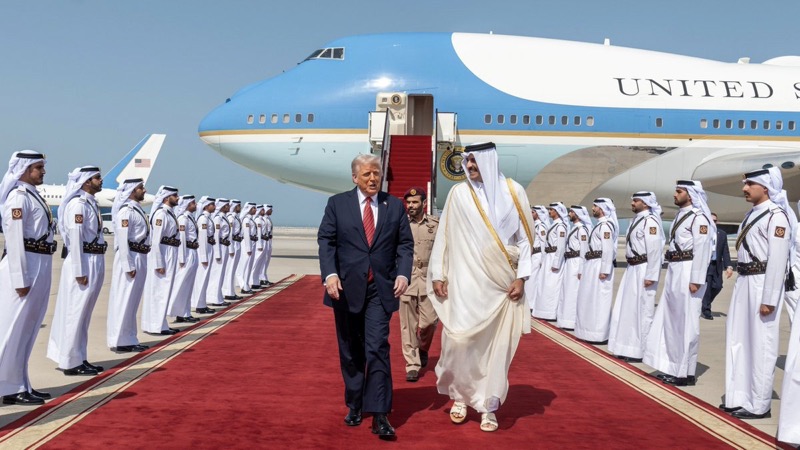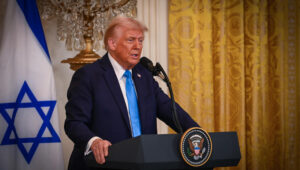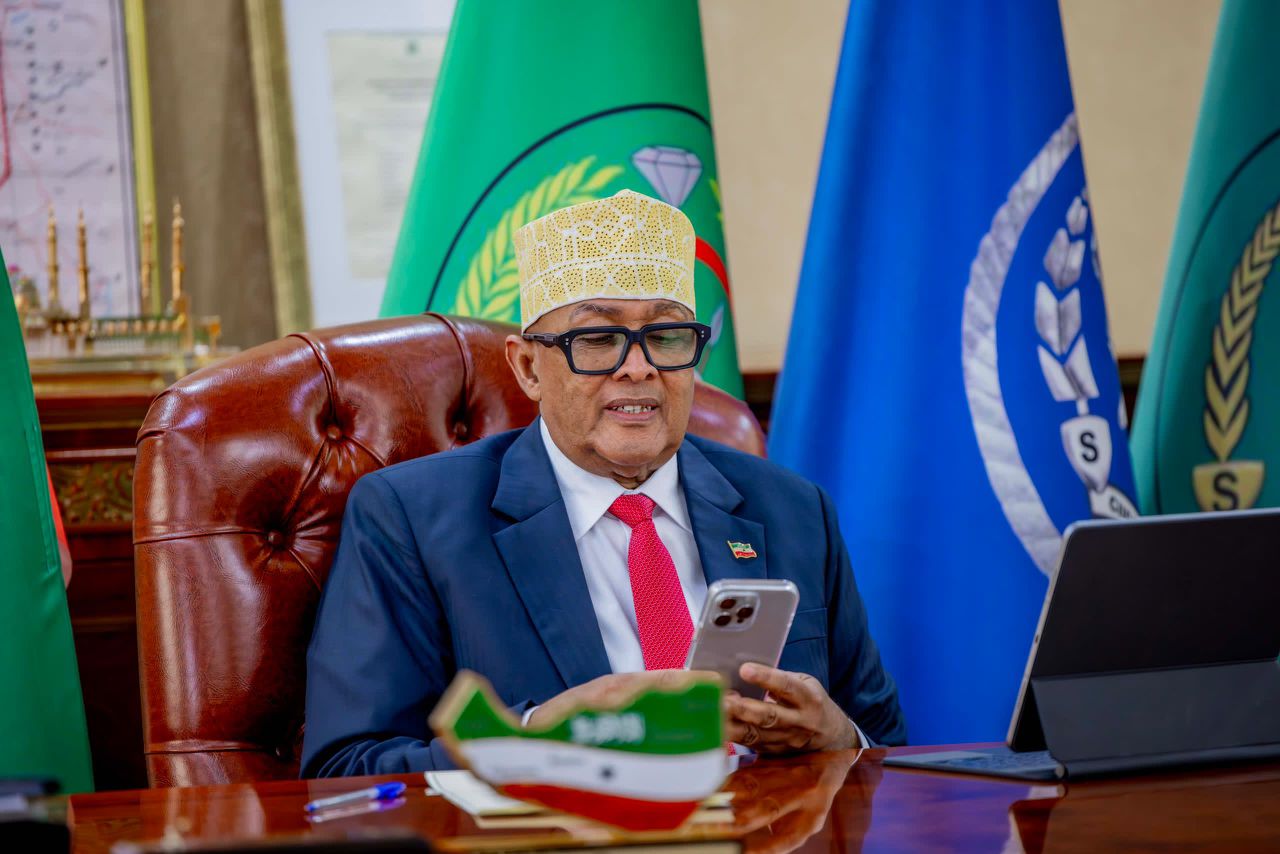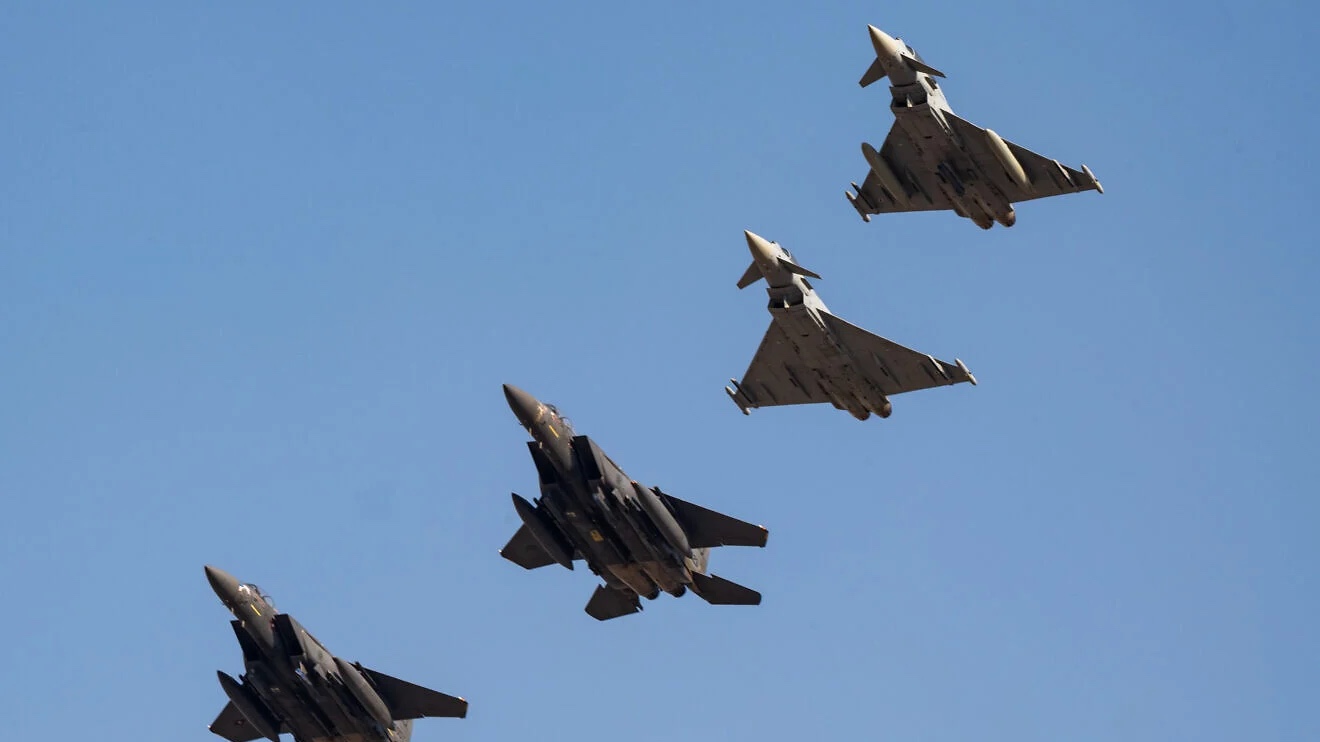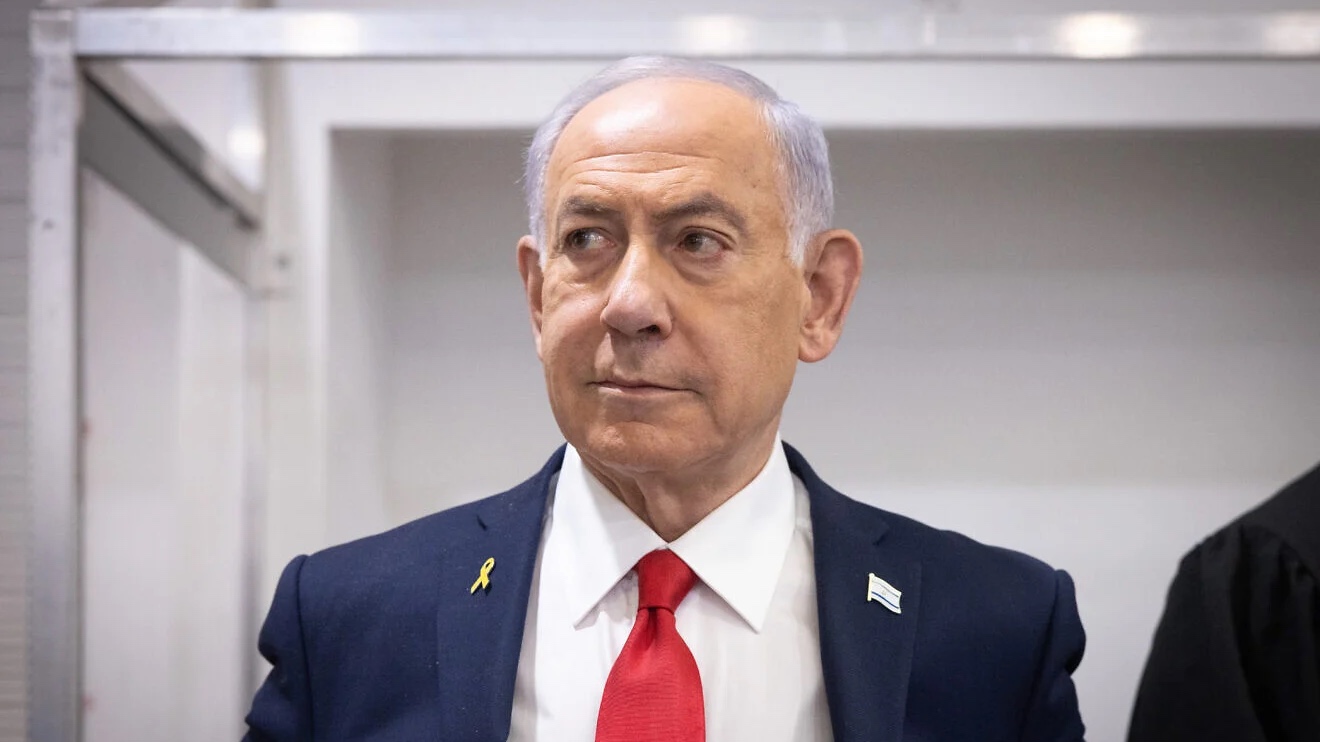Qatar, a tiny Gulf monarchy with a population smaller than many global cities, punches well above its weight on the world stage. With staggering wealth derived from natural gas and with the third-largest reserves on the planet, the country has used financial leverage as a cornerstone of its foreign policy.
It may be said, however, that its principal means of foreign policy is bribery. Rather than relying on conventional military might or multilateral institutions, Doha’s strategy is soft power with hard cash: donations, sponsorships and high-level “gifts” that blur the line between diplomacy and patronage. This method has earned Qatar a network of influence across the Middle East, Europe and even the United States.
But behind the gleaming towers of Doha and the generous endowments to universities lies a murkier dimension to Qatar’s foreign policy. It has long been accused of using its wealth to shield and promote actors aligned with Islamist ideologies, most notably Hamas, which is unequivocally labeled a terror organization by the United States, the European Union and many other entities. These efforts, whether via direct financial transfers or indirect legitimization, have placed Qatar at the center of complex regional geopolitics, prompting questions about how far money can go in laundering a nation’s global image.
Qatar’s foreign policy can be summarized in three words: Money buys influence. Over the last two decades, Qatar has poured billions into strategic partnerships, infrastructure projects, media ventures and institutions across the globe.
The most glaring example of Qatar’s soft power is Al Jazeera, the state-funded broadcaster launched in 1996 that is easily the most antisemitic major news source in the entire world. Billed as an independent voice in the Arab world, it echoes the foreign-policy priorities of the Qatari government. In the wake of the Arab spring, it was notably sympathetic to Islamist political parties, particularly those affiliated with the Muslim Brotherhood—a controversial movement that Qatar has long supported even as its Gulf neighbors, especially Saudi Arabia and the United Arab Emirates, classify it as a terrorist group.
Qatar’s ties to Hamas have been well-documented. Since at least 2012, when Hamas political leader Khaled Meshaal relocated from Damascus to Doha, Qatar has played host to high-ranking officials, providing them with sanctuary and political legitimacy. It continues to this very day.
In 2014, Qatar pledged $1 billion in aid to the Gaza Strip following that year’s war with Israel (Operation Protective Edge), which was prompted by Hamas murdering three Israeli teenagers in the most gruesome manner and then showering thousands of rockets on Israeli cities. While Qatar claims that the money went toward humanitarian reconstruction and salaries for civil servants, the truth, of course, is that the funds are pivotal in propping up Hamas’s governance of the Gaza Strip, enabling the group to redirect other resources toward military capabilities and terrorism. Israel and the United States have repeatedly accused Qatar of directly and indirectly financing terror, although Western diplomats have, on balance, never gone far enough in holding Qatar accountable for its malicious activities and influence.
As recently as the Hamas-led terrorist attacks in Israel on Oct. 7, 2023, Hamas leaders Ismail Haniyeh and others continued to operate freely from Doha. As a Jewish American, I find it unacceptable that the U.S. Air Force runs a base of some 10,000 American service men and women—the Al Udeid Air Base, a strategic hub for American forces in the Middle East—in a country that funds a group that carried out the brutal Oct. 7 mass murders, which killed more than 1,200 people and took 251 others hostage. Though Qatar cynically condemned the violence in generic terms, it has steadfastly resisted calls to expel Hamas leaders or fully sever ties, portraying itself as a “neutral mediator.”
Neutrality, however, is nothing but a fig leaf for complicity. As David Friedman, the former US ambassador to Israel, said in late 2023: “Qatar is not a neutral party. It is the lifeline of Hamas.” Similarly, Republican lawmakers introduced legislation that would force the United States to reconsider its military presence in Qatar if its terror-funding government does not curb its support for Hamas.
While Qatar has invested heavily in real estate, sports and airlines across the West, some of its most strategic funding targets are our leading universities and intellectual institutions. Since the early 2000s, it has contributed at least $1.8 billion to American universities, making it the largest foreign donor to US higher education. That this has been allowed to proceed unrestricted is a terrible stain on the integrity and reputation of the Ivy League institutions.
Much of this funding flows through the Qatar Foundation, a nonprofit established by the ruling Al Thani family. It hosts branches of elite US universities such as Georgetown, Cornell, Northwestern and Texas A&M at its sprawling “Education City” campus in Doha. Ostensibly aimed at exporting high-quality education to the Gulf, these partnerships have raised alarm bells about academic freedom, ideological influence and compliance with US laws on foreign disclosures.
Georgetown University, for instance, which houses a School of Foreign Service branch in Doha, has received hundreds of millions in Qatari funding. Does any impartial observer seriously doubt that such financial entanglements do not temper institutional criticism of Qatar’s human-rights record or geopolitical actions? And there is also concern that academic environments might avoid critical inquiry into subjects like political Islam, Hamas or the Muslim Brotherhood to maintain Qatari patronage.
A US Department of Education investigation in 2019 found that American universities had failed to report billions in foreign gifts, with Qatar being one of the top unreported sources. The investigation suggested that foreign funding could create “undue foreign influence,” particularly when it comes from authoritarian regimes with defined ideological agendas.
Texas A&M, which operates a full engineering campus in Qatar, faced scrutiny from lawmakers over concerns that its research, some of which is defense-related, could be indirectly accessible to a foreign government with questionable alliances.
Qatar’s gifting strategy is not limited to education. In recent years, the country has lavished European officials with perks and fiscal incentives, culminating in the so-called “Qatargate” scandal of 2022, when some members of European Parliament were accused of accepting large sums of money and luxury items from Qatari intermediaries in exchange for influencing legislation favorable to Qatar. The incident raised broader questions about how Qatar uses money not just for soft diplomacy but for potentially corrupting democratic institutions.
For now, Qatar’s strategy of influence via wealth appears to be paying off. It remains a key US ally, hosts one of the largest American military bases abroad and maintains influence in global conversations about Gaza, energy security and Middle East diplomacy.
But the winds may finally be shifting. Increasing scrutiny from US lawmakers, criticism of President Donald Trump’s plans to accept a $400 million aircraft from the Al Thani family, bipartisan calls to reassess military and educational ties and global backlash after Hamas’s 2023 attack on Israel have brought new attention to the costs of tolerating Qatar’s dual policy of Western partnership and Islamist alignment.
Its lavish donations—let’s call them what they are, bribes—to universities, cushy relationships with foreign officials and a carefully crafted image of diplomatic neutrality mask a reality in which Doha has enabled extremist actors and undermined liberal institutions.
If the international community and the United States want to take the fight against terrorism and authoritarian influence seriously, it must start asking tougher questions—not just about where the money is going but what it’s buying.
Want more news from Israel?
Click Here to sign up for our FREE daily email updates


